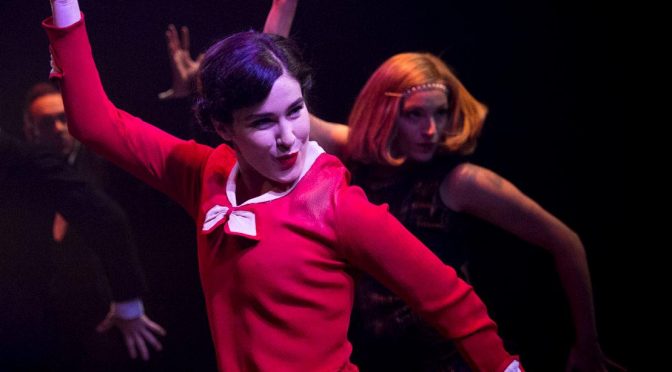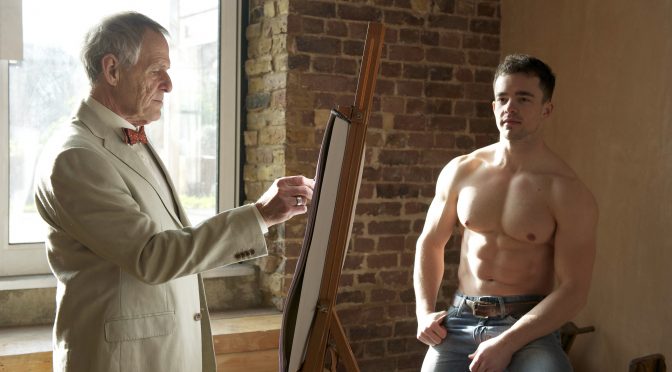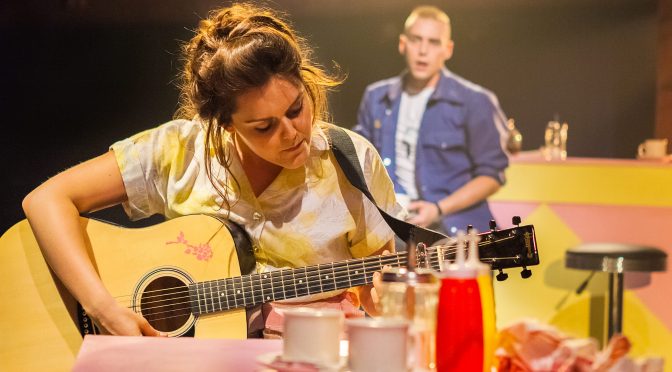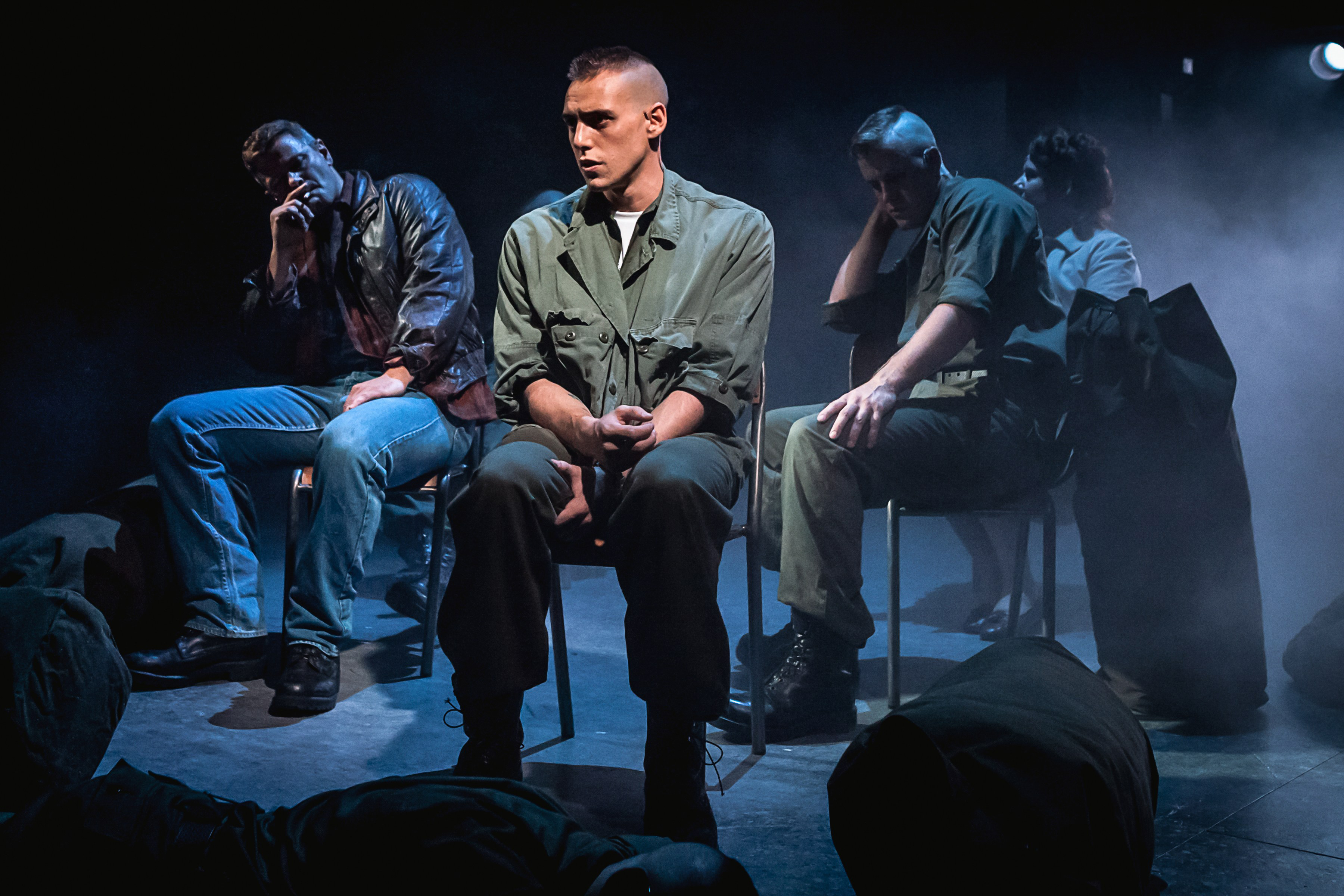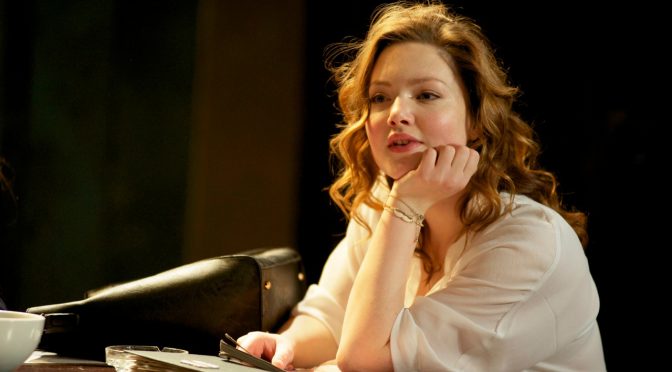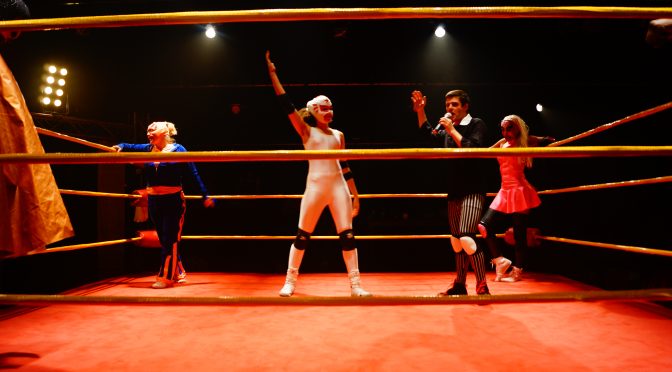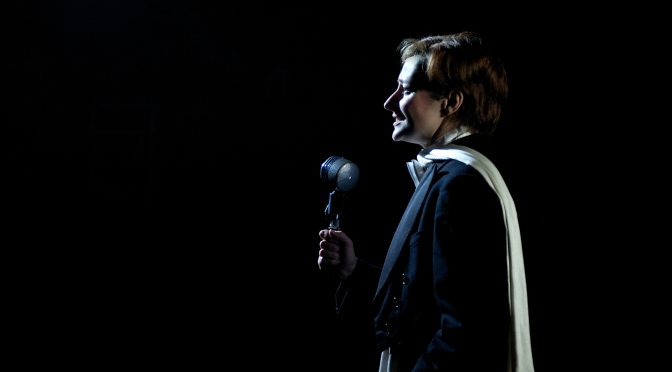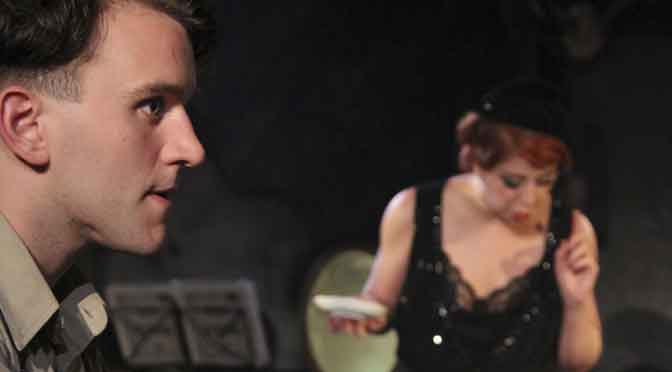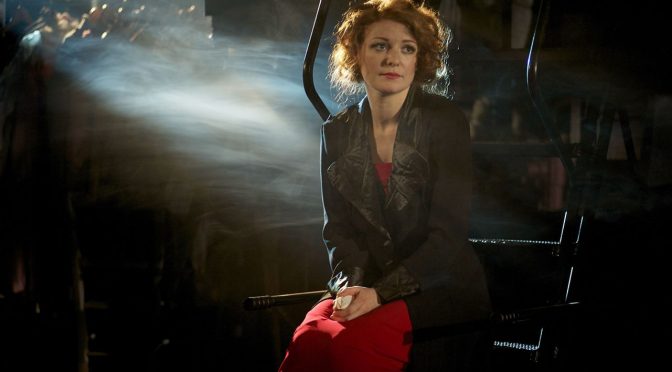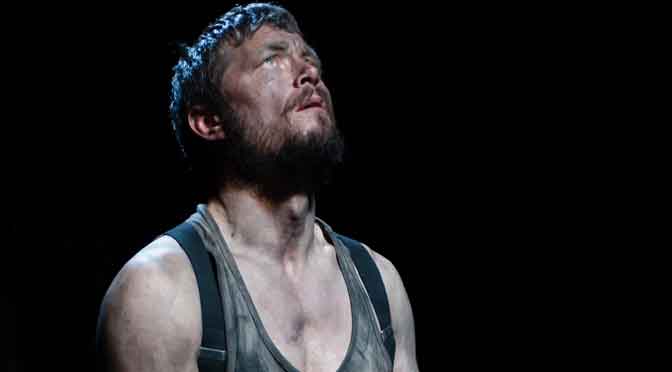George Forrest and Robert Wright’s 1989 Broadway hit (with Maury Yeston’s input), has a revival by the excellent Thom Southerland that lives up to the ‘grand’ in its title. Set in 1928 Berlin, its location serves to show a slice of upstairs high life, with a glimpse of downstairs tragedy, and every emotion imaginable along the way. With guests and staff squaring off from the start, a narrator, ably performed by David Delve, sets the cynical, smart tone of a show that embraces confrontation and drama.
Luther Davis’s book, adapting the novel by Vicki Baum that was filmed in 1932, crams the stories into this packed hostelry. Southerland juggles them expertly. Central to a theme of observing life is the terminally ill Otto, played superbly by George Rae, anxious to experience glamour while he still can, right down to cartwheeling. Bravo! The desperation of other characters is less existential; it’s all about the money. What make the show so interesting are the swift story arcs that change goodies to baddies, crooks to romantics, in the space of a song.
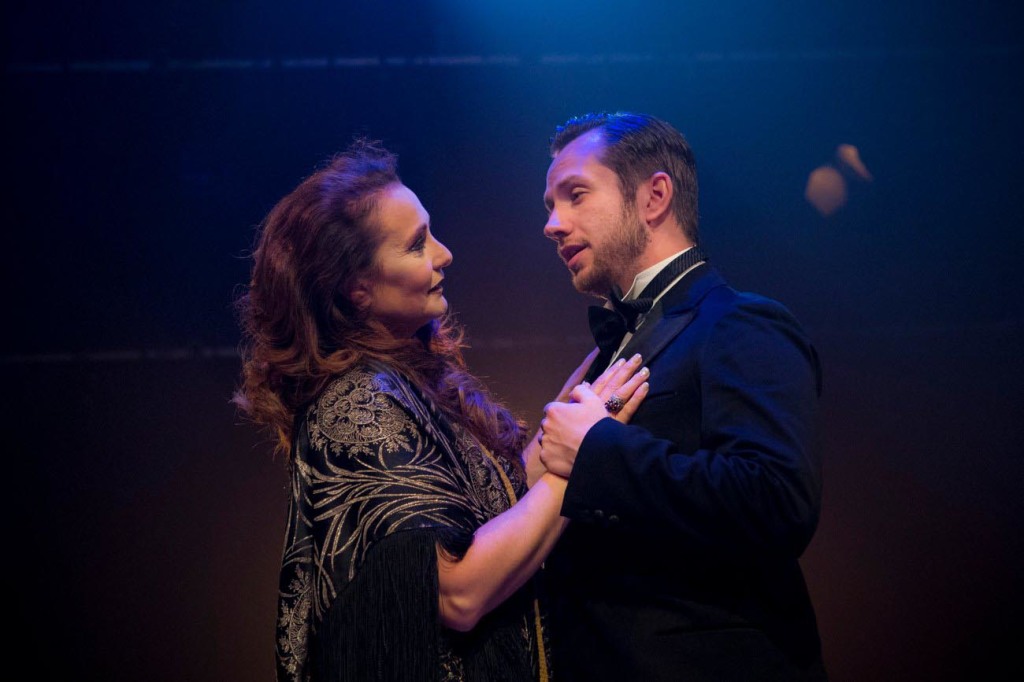
While you might expect more standout numbers, the score is best regarded as a whole rather than in parts, intelligently creating the “din of old Berlin”. Jacob Chapman has the most adventurous song, which he delivers powerfully. Victoria Serra, as aspiring actress Flaemmchen, gives a rendition of ‘Girl In The Mirror’ that should have stopped the show. And a thieving Baron with a “talent for living” becomes truly noble with Scott Garnham’s performance of the musical’s most gorgeous ballad. The object of the Baron’s affections is the ageing ballerina Elizaveta – the kind who memorises her reviews – and Christine Grimandi is sure to get good notices for a performance that boasts the best comic timing in an often dark show.
There’s a cruel edge to this grown-up Grand Hotel, but nothing dour about Southerland’s staging – in traverse, making the most of his huge cast – and there’s real heat and hustle here. I detected a wish to focus more on the staff, pushed as far as it can be, that makes for a fascinating, layered feel. Along with astounding choreography by Lee Proud, especially with the witty ‘Who Couldn’t Dance With You’ sequence, the finale is a kaleidoscopic affair of pure spectacle. Our narrator might melodramatically see “chambers of discontent” in his hotel, but this production is so polished, I’ve no complaints about my stay.
Until 5 September
Photos by Aviv Ron

